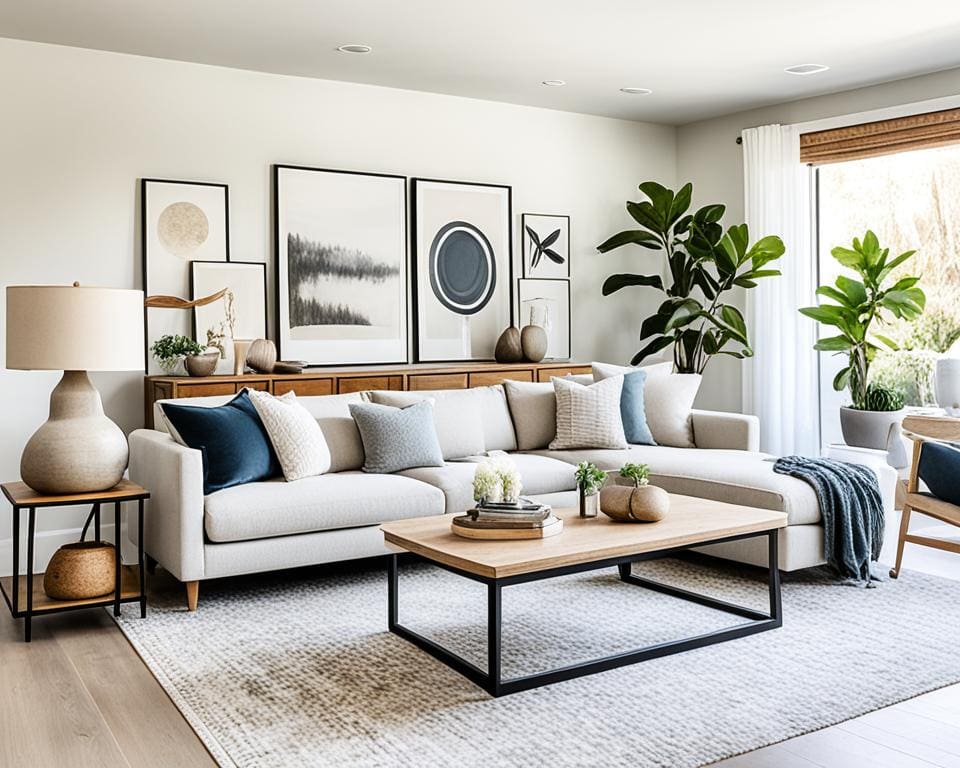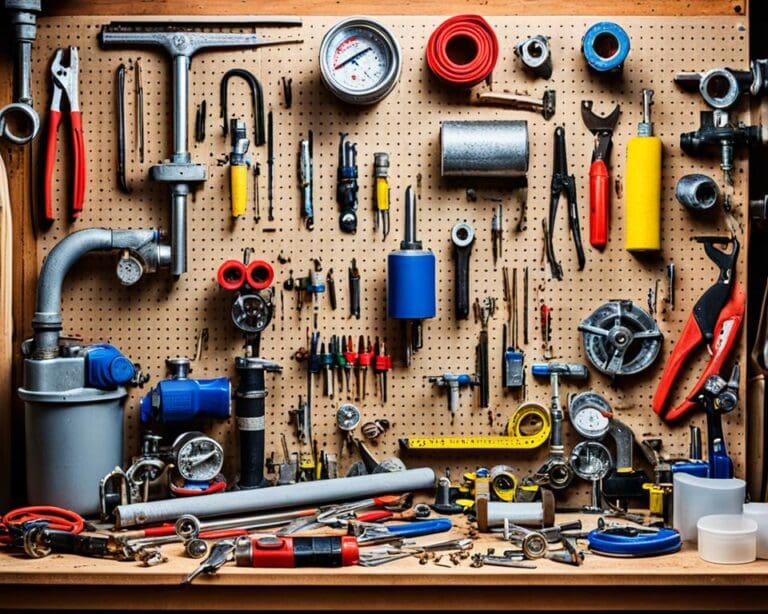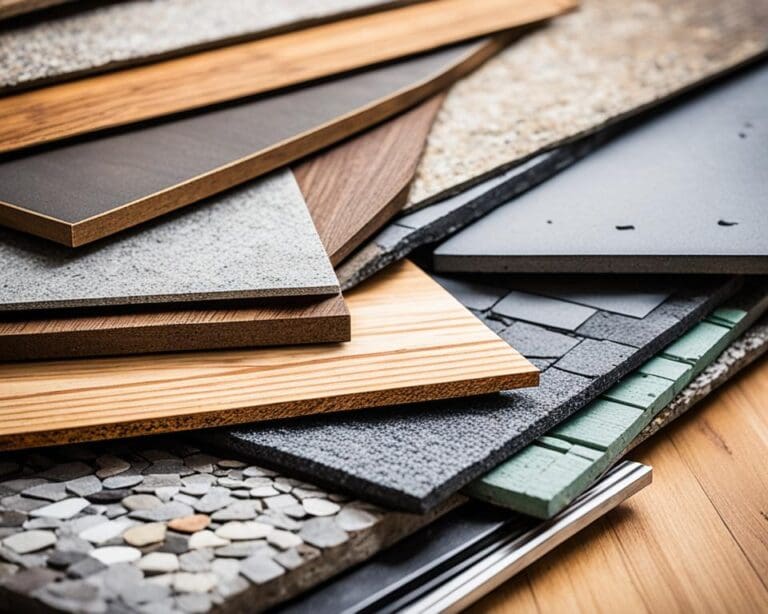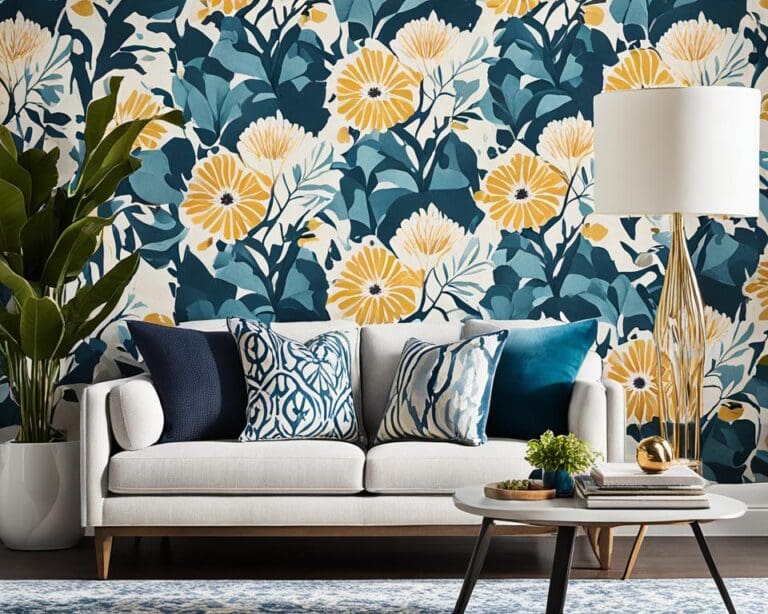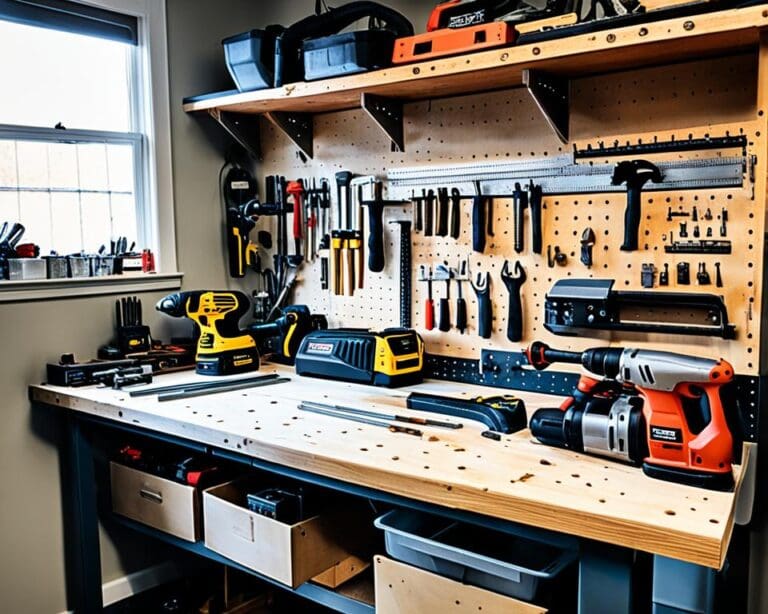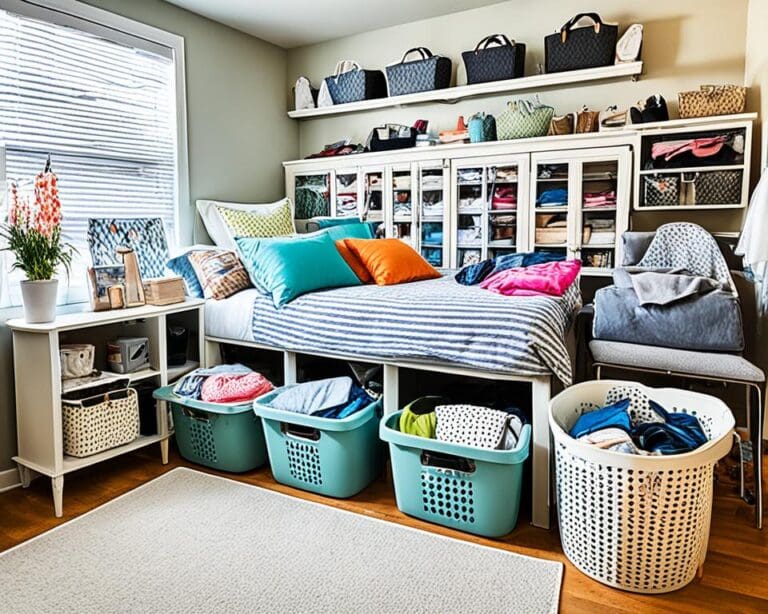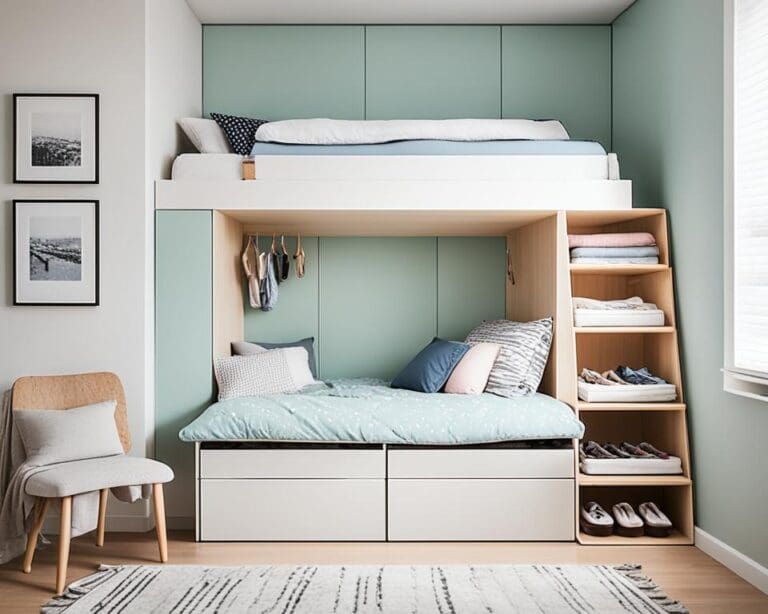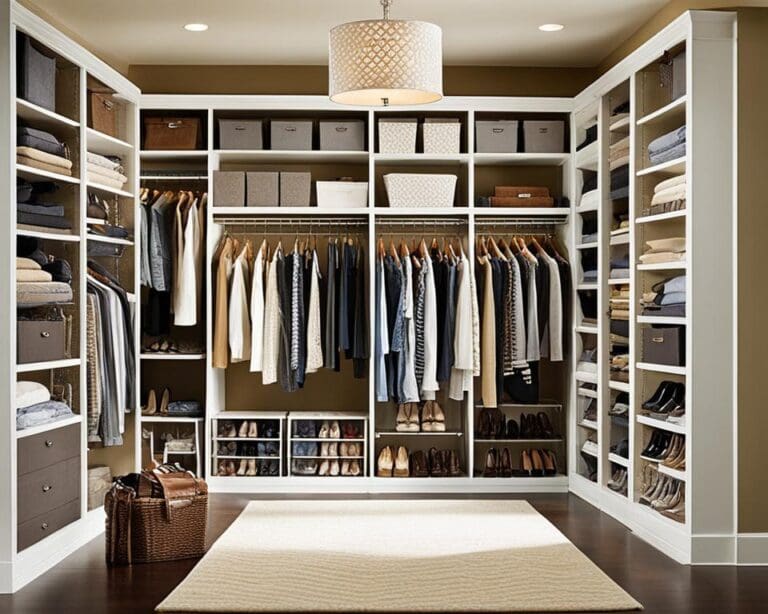In our busy world, adopting a Simple Living Lifestyle is key for finding balance. It’s not just about clearing out stuff. It’s about choosing to live with purpose and being mindful. Clutter is linked to higher stress, especially in women. Simplifying your space helps reduce stress and brings clarity.
The stories of those who’ve simplified their lives are inspiring. They’ve moved from chaos to peace. This shift brings emotional and financial relief. It also helps people focus on what’s important. By living minimally, people gain time for meaningful activities. This change reduces anxiety, sharpens focus, and saves money. It leads to a life filled with purpose.
Understanding Minimalist Living and Its Benefits
Minimalism is more than a simple trend. It’s a deep lifestyle choice that leads to clarity and peace. It asks people to think hard about what they need and want. This helps them see what really matters. The “Living with Less” idea is key to realizing minimalism’s perks. It offers a new view on what’s important.
The Purpose of Minimalism
The goal of minimalism is to make life simpler. It’s about finding more emotional and physical space. This is done by getting rid of unnecessary stuff. It goes against the idea that buying more makes us happy. By choosing minimalism, people learn that having fewer things can actually be better. It shows us that being surrounded by 300,000 items, like in many homes, doesn’t lead to joy.
Adopting minimalism helps us chase what’s really valuable. It helps match our daily actions with what we truly value.
Emotional and Financial Relief
Becoming minimalist can make you feel better emotionally. It reduces stress and anxiety linked to having too many things. Studies have found that clutter can increase stress hormones. So, choosing minimalism helps create a calm, distraction-free space. Many people realize they don’t need 90% of their stuff. It just adds to their mental clutter.
Minimalism can also improve your finances. Many Americans find saving hard, with a good portion not saving at all. Focusing on what you really need reduces spending. Families often spend a lot on clothes every year. But minimalism teaches us to rethink our priorities, which can save money.
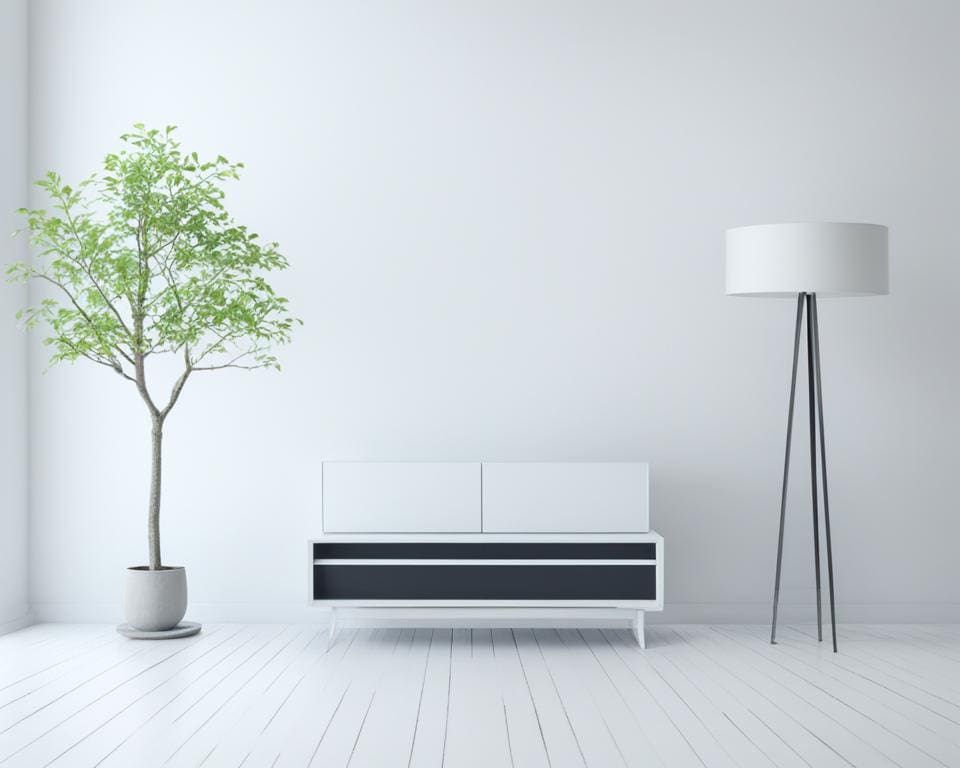
Minimalist Living: How to Simplify Your Space
Embracing minimalist living can make your life clearer and more focused. With the pressure of family, work, and daily tasks affecting 82% of people, using effective Decluttering Techniques can make life more balanced. By making your space simpler, you help create a calm area that lowers stress. Here are some handy tips to make your journey towards sustainable living better.
Effective Decluttering Techniques
Start decluttering by focusing on small areas first. This approach helps you gain momentum. Use the “one in, one out” rule to keep your place tidy. If you’re unsure about some items, try the “box it up” technique. Put these items in a box and decide on them later.
- Use the Four-Box Method: label boxes as trash, give away, keep, or re-locate.
- Try the 12-12-12 challenge, finding 12 items to throw away, donate, and return to their proper place.
- Spend just five minutes a day on small decluttering tasks.
About 55% of people say their mental and physical health got better after decluttering. A tidy space promotes relaxation and productivity. It fits well with the idea of Mindful Living.
Adopting a Mindful Approach to Purchasing
Shopping with intention helps avoid unnecessary clutter. This mindful buying promotes sustainability. A Capsule Wardrobe helps cut down on decision fatigue. Around 70% of people say having fewer clothes makes choosing what to wear easier.
Choosing quality over quantity improves your style and helps the planet. Living with intention and minimalism leads to sustainable living. 80% of people feel that fewer possessions bring more joy, proving minimalist living can change your life in meaningful ways.
Designing a Minimalist Home
Creating a minimalist home is all about simplicity and functionality. Each item should have a purpose and help create a calm space. Most U.S. homes have around 300,000 items, leading to clutter that disrupts peace.
By living simply, you can make your home a place of relaxation and comfort. Start decluttering with small areas before moving to bigger spaces. This makes it easier to let go of things.
Choosing modular furniture and thoughtful decor helps keep your home tidy. Clear surfaces and fewer furniture pieces cut down on cleaning time. This also helps with organization and reduces stress. Studies have found that clutter can increase cortisol levels.
To further embrace minimalism, go paperless and digitalize big collections. This helps avoid clutter. A minimalist lifestyle values experiences over things. Find inspiration in Marie Kondo’s “The Life-Changing Magic of Tidying Up.” Remember, a home should be peaceful and fulfilling, not just perfect.

